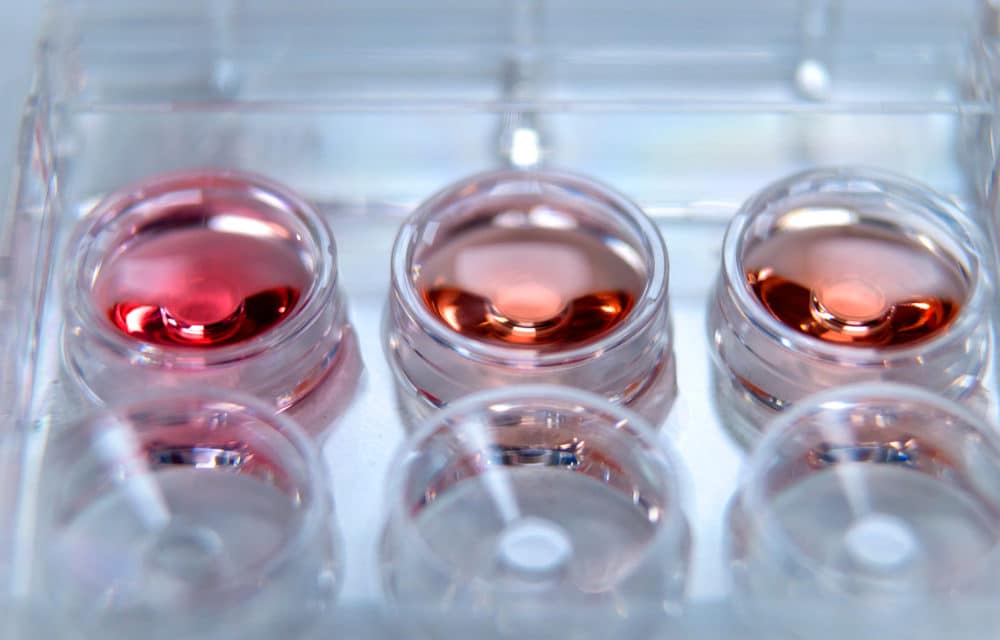Ovarian stimulation treatments aim to ensure that multiple follicles develop instead of just one or two, which is what usually occurs in a natural menstrual cycle. In IVF treatments, stimulation is used to provide enough oocytes to obtain at least one embryo suitable for transfer. However, not all women respond well to ovarian stimulation: it is estimated that up to 25% of women have a poor response. Unfortunately, this is something that cannot always be anticipated. Each case is different, and the cause of poor ovarian response may also be different, so an individualised assessment is always necessary. In this post, Dr. Annalisa Racca, Research Director at our Reproductive Medicine Department, answers some of the most frequently asked questions on this subject.
What is a “poor response”?
In general, a woman is considered a poor responder when, after two cycles of ovarian stimulation, only 3 or fewer follicles per cycle are obtained. Having low ovarian reserve markers (anti-Müllerian hormone and antral follicle count) can be suggestive, but not definitive.
What does being a “poor responder” entail?
In principle, a poor ovarian response reduces the chances of achieving a pregnancy, because it implies a low number of eggs for fertilisation and thus fewer chances of having at least one embryo suitable for transfer, which may lead to the transfer being cancelled.
What can cause a poor ovarian response?
There may be many causes for a poor response, but it has been proven that it is not directly related to having a low ovarian reserve. Some women have few eggs but respond very well to hormone stimulation treatment. Age, however, is an important factor in poor response, as the older a woman is, the lower the number of eggs and the lower their quality. Therefore, the response to ovarian stimulation tends to be worse. Ovarian ageing is another relevant factor. Exposure to toxins, smoking, previous ovarian surgery, diseases such as endometriosis, genetic problems or autoimmune disorders are other possible causes.
Why is it not always possible to predict a poor response?
Because, in general, it cannot be confirmed until the ovarian stimulation treatment is performed. However, there are some factors that can suggest a poor response, as we mentioned at the beginning: advanced age (over 38-40 years), ultrasound findings of less than 5 pre-antral follicles and a low level of anti-Müllerian hormone. It is therefore important to assess each case individually and to carry out preliminary tests in order to adjust the stimulation treatment to each patient.
Is it useful to perform several repetitive stimulation cycles in these cases?
The accumulation of oocytes through vitrification cycles is an option that can help obtain an optimal number of eggs. However, this is a decision that must be assessed by a specialist in each particular case.
What solutions are there?
For this type of patient, we always try to offer a more personalised treatment in order to obtain the greatest possible number of eggs. Fortunately, there are currently several options available, and more are being researched. These are some of the most common solutions:
- Androgen treatment. We are analysing data from a clinical trial to see if a pre-treatment with androgens could help to get a higher number of follicles during stimulation.
- Intrauterine insemination. Another option is to convert an IVF cycle with a poor response into an intrauterine insemination cycle, as long as other variables are considered and there is no severe male factor if the patient has a male partner.
- Specific protocols. There are also specific protocols designed for poor responders, which consist of modifying some parameters in the doses or combination of hormones usually used in ovarian stimulation treatments.
- Egg donation. After several cancelled IVF cycles due to a poor ovarian response, one option that generally offers good results is to perform an egg donation cycle.
Poor response to ovarian stimulation is currently one of the most challenging situations in assisted reproductive medicine. However, with an individualised assessment, the treatment can be personalised to find the best solutions. If this is your case, you should visit a centre with experience and professionals specialised in dealing with this problem.














